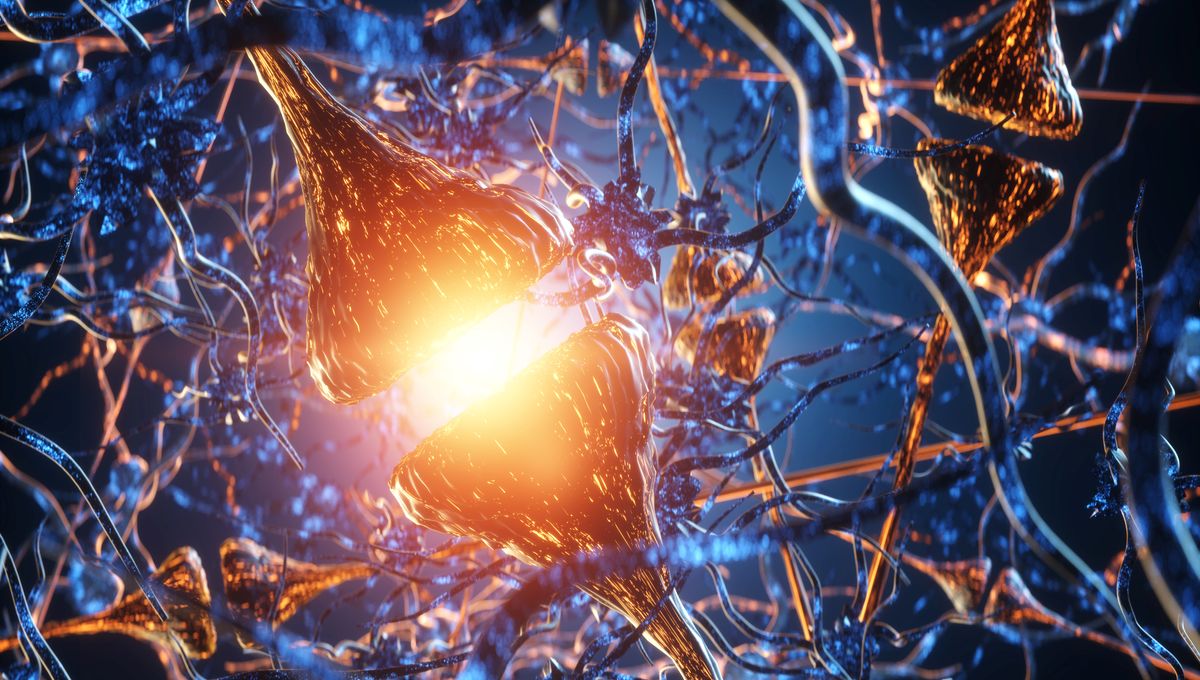
Some memories are best forgotten. Granted, this observation is unlikely to make you feel better if you’re running late for work because you can’t remember where you put your keys… but when we’re talking about memories associated with addictive substances, the possible issues around this become clearer. A new study has uncovered the mechanism that allows the brain to latch on to these stubborn memories and keep them hanging around.
“A fundamental operation of the brain is to internally represent information related to life experience in our environment,” said first author Dr Charlie Clarke-Williams of the University of Oxford in a statement. “This principle usually ensures that we interact with the world in the most suitable manner. However, in the case of experiencing drugs of abuse like cocaine, this natural mechanism is hijacked and can lead to inappropriate actions and, ultimately, addiction.”
Recreational drugs like cocaine, which played a role in 24,486 deaths in the US in 2021 according to the Centers for Disease Control and Prevention (CDC), are known to produce exceptionally powerful memories. Users can vividly recall details of their surroundings or what they were doing at the time of their drug use, and reminders of these actions or environments can induce cravings so powerful that even someone in recovery for addiction can find it almost impossible to avoid a relapse.
While efforts are underway to find treatments that could help combat this, there was still a gap in our knowledge: how do these extra-strong memories form in the first place?
Clarke-Williams and the team suggest that the abnormal strength of these memories could be down to them taking advantage of cooperation between multiple brain regions. They tested their theory in mice by monitoring five regions of their brains at the same time: the prefrontal cortex, nucleus accumbens, amygdala, hippocampus, and ventral tegmental area.
As the mice were exposed to cocaine in a five-stage experiment lasting several days, the authors observed that simultaneous spikes in activity across all of these brain regions were predictive of robust memory formation. Toning down this activity changed the behavior of the mice, stopping them from seeking the cocaine in the same way.
Understanding the system within the brain that causes these memories to linger opens up the possibility of targeting it with treatments to help those in recovery from addiction.
“Recreational drug use is a widespread problem in our society, impacting the lives of many people and placing a strain on our healthcare system. Memories should be balanced. Weak memories are often observed in aging or dementia. But at the other end of the spectrum are abnormally powerful memories, which are characterised by unfiltered information processing,” said senior author Professor David Dupret.
“Strong memories that can drive inappropriate actions are seen in a wide range of brain conditions, such as drug addiction or post-traumatic stress disorders. This research provides vital new understanding of how these memories are created in the brain, an important step in identifying new targets for treatments.”
The study is published in the journal Cell.
Source Link: Why Some Memories Are So Hard To Forget (And Why That Can Be A Problem)